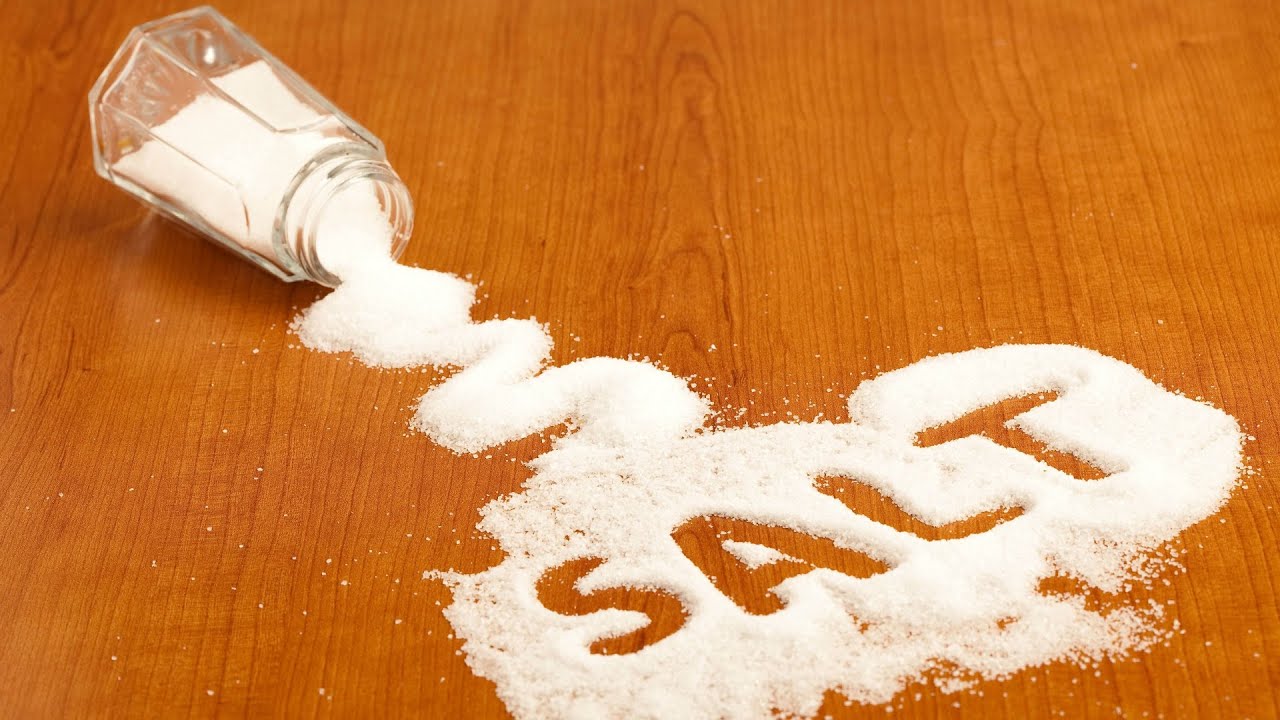
Misconceptions About Sodium
Consuming high amounts of sodium is a major concern for people that are conscious of maintaining good health.
This is because we associate high sodium foods with high blood pressure, dehydration, and many of the consequences of consuming heavily salted foods (mainly deep fried meals and processed foods) from previous research studies.
The public has become impartial to this knowledge, however, sodium does serve a purpose in our diets. In fact, sodium may not be as harmful as mainstream media and conventional science may claim.
Sodium is actually one of the most beneficial electrolytes to supplement one’s diet and can affect function of the muscle, the size of the fibers, and overall strength.

How Sodium Affects Muscle Gains and Strength
Sodium plays a large role in the function and dynamic motions of the body. That’s because whenever we make a conscious or involuntary effort to move our muscles, we rely on the transfer of potassium and sodium across the cell membrane.
If you ever caught bad cramp shortly after exercising, this was a result of having low levels of sodium in the bloodstream. When a muscle contracts sodium is rushed into the cell while potassium is being simultaneously released through the membrane.
Muscle relaxation causes the sodium to be released from the cell while the potassium is forced to re-enter the cell.
Contraction and relaxation play an important function to a daily threshold for active athletes, which is why sports drinks and electrolyte solutions are encouraged by so many trainers and coaches.
From this viewpoint, a higher intake of sodium serves to benefit athletes much better than inactive or sedentary individuals.
A lack of proper electrolytes in your system will create early onset fatigue and negatively affect the performance of an aerobic or anaerobic exercise.
The Wrap Up
Earlier studies correlating high sodium intake to unhealthy lifestyles somewhat contributed to the fear-mongering that we find relevant today. As scientists have become more aware of contributors to poor health, the perspective of sodium should be positive, as it’s a major component of skeletal muscle contraction and relaxation. Low levels of sodium in the diet can cause poor performance in athletes and regularly active individuals.

Leave a Reply
You must be logged in to post a comment.